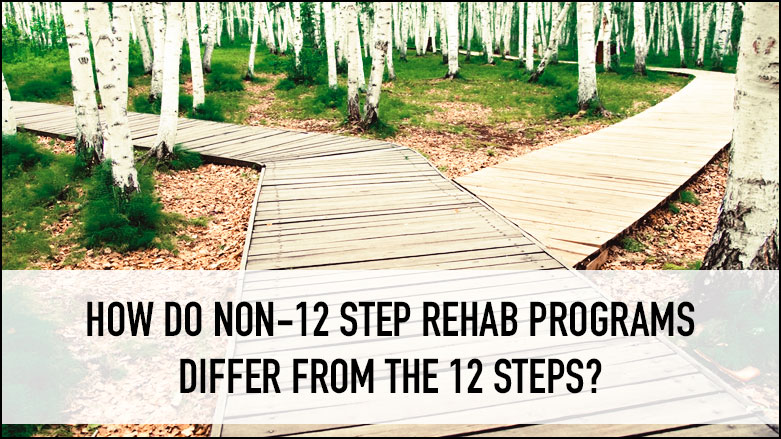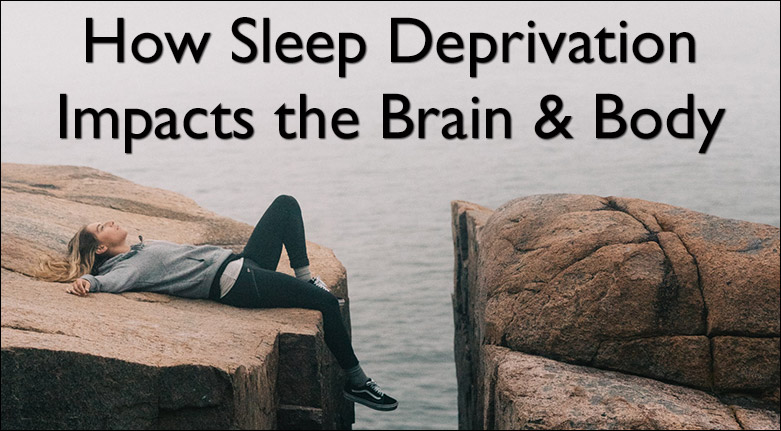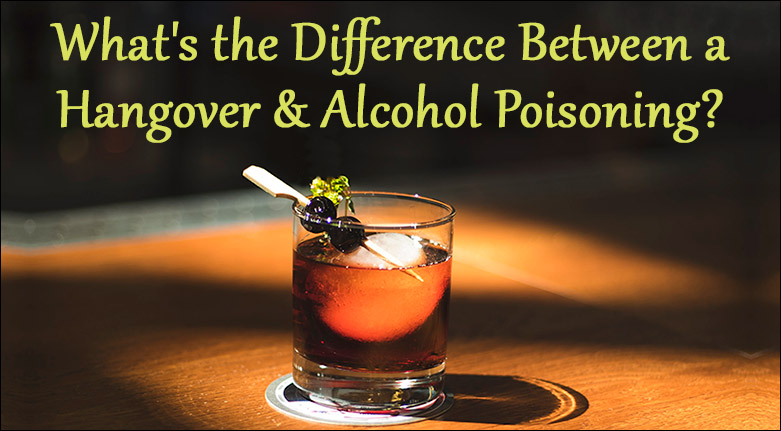Addiction is a disease, and some might say we’re in the midst of an addiction epidemic today.
Millions of people struggle with an addiction on a daily basis. Trying to overcome it can seem like the most difficult challenge they’ve ever faced.
Fortunately, people caught in the grip of addiction to alcohol or drugs have a variety of resources available to them that can make their situation more comfortable, and offer the hope of recovery.
Trying to figure out which resource will provide the best chance of recovery can pose its own problems, though. Many people are faced with the question, “what is the difference between the 12 Steps and non-12 Step rehab?”
Table of Contents
What Is AA and How Does it Work?
AA is short for Alcoholics Anonymous, a program which began over 80 years ago.
Alcohol addiction is a fairly common problem and can be extremely difficult for most people to overcome.
AA was co-founded by Bill W. to support others overcome their alcohol addiction through regular meetings, as well as mentorship by a sponsor and peers in the group, that can help people far beyond the initial withdrawal phase.
An important part of AA is the role of established guidelines to follow, commonly known as The 12 Steps. Originally based on Christian beliefs, the 12 Step principles offer a road map of sorts to guide alcoholics through their addictive problems and to a path of recovery.
AA Meetings are available around the world and can be found in almost every community in America. They have helped so many people overcome alcohol issues, that the 12 Step principles have reached others such as gamblers with Gamblers Anonymous, drug users with Narcotics Anonymous, and even people with eating disorders through Food Addicts Anonymous.
While there are no fees to join or attend an Alcoholics Anonymous meeting, they do collect money voluntarily from group members to cover costs associated with the meetings for things like snacks, coffee, and rental costs for meeting locations.
Meetings are made up of others who are addicted to alcohol and share their stories with others in the group.
AA does not provide formal addiction therapies like those found at treatment centers, and some people don’t consider it treatment. Instead, it is better known as “aftercare support” by many clinicians and therapists. Aftercare support helps many people after completing treatment, and they continue to attend meetings for a lifetime.
What Are the 12 Steps?
The 12 Steps are a set of principles originally based on Christian beliefs. The 12 steps are intended to help people deal with their addiction along with the root problems surrounding their addiction. The 12 Steps also help people make amends with their friends and family members who have been impacted by addiction.
The 12 Steps are so popular that they’ve gone beyond being used in AA alone.
Here are The 12 Steps of Alcoholics Anonymous:
- We admitted we were powerless over alcohol—that our lives had become unmanageable.
- Came to believe that a Power greater than ourselves could restore us to sanity.
- Made a decision to turn our will and our lives over to the care of God as we understood Him.
- Made a searching and fearless moral inventory of ourselves.
- Admitted to God, to ourselves, and to another human being the exact nature of our wrongs.
- Were entirely ready to have God remove all these defects of character.
- Humbly asked Him to remove our shortcomings.
- Made a list of all persons we had harmed, and became willing to make amends to them all.
- Made direct amends to such people wherever possible, except when to do so would injure them or others.
- Continued to take personal inventory and when we were wrong promptly admitted it.
- Sought through prayer and meditation to improve our conscious contact with God, as we understood Him, praying only for knowledge of His will for us and the power to carry that out.
- Having had a spiritual awakening as the result of these Steps, we tried to carry this message to alcoholics, and to practice these principles in all our affairs.
What is Non 12 Step Rehab?
Non 12 Step Rehab Programs are commonly used by many addiction treatment centers and provide evidence-based therapies or modalities that are backed by scientific analysis and review.
While 12 Step programs require each member to follow the guidelines of AA and regularly attend group meetings, non 12 step programs utilize a different approach that is more fluid and dynamic according to each person’s needs.
Non 12 Step Rehab can be done on an inpatient basis at a residential treatment facility or as an outpatient at a treatment center.
These programs are not free like AA. Some can be found at a moderate price, but many can be more expensive, much like a hospital stay, and offer doctors and therapists on premise. Some high end treatment facilities offer luxury amenities, in-house chefs, yoga, massage therapy, exercise programs and more.
Many people get caught up in the “perks” of high-end treatment centers, but it’s actually the treatment aspects that are most important for recovery.
A doctor first assesses each patient before beginning treatment, similar to checking in to a hospital. The assessment is usually the first step of intake, where vitals are taken, along with a physical and psychological determination of the patient’s needs for entering treatment.
If the patient requires detox, that will either be done at the treatment facility or they will be sent to a formal detox clinic for a week to 10 days until detox is completed.
The next phase is to begin the formal treatment program that usually lasts between 30 and 90 days. Every non 12 step program is unique, but most follow similar paths and include many, or all of the following:
- Individual Counseling
- Group Counseling
- Medication Management
- Cognitive Behavioral Therapy
- Neurofeedback
- TMS Therapy
- Family Therapy
- Relapse Prevention
Unlike The 12 Steps, non 12 step rehab treatment programs are usually secular and not based on any religious or spiritual teachings, although they are allowed to be followed during treatment by anyone who wishes to do so.
Once treatment is completed, an exit plan is created that will be followed after discharge. At this time, many patients in recovery are encouraged to find continued support through many available options, including Alcoholics Anonymous or Narcotics Anonymous.
Addiction Is a Chronic, Debilitating Disease That Requires Assistance to Overcome
Addiction is sometimes looked upon as something that a person simply needs to “get over.” If only it were that easy.
As mentioned before, Addiction is a disease, and it would be unkind and disrespectful to tell a person with heart disease to just deal with it and get over it. Why? Because heart disease is a recognized medical condition that requires professional attention by a doctor.
Similarly, addiction is a chronic, debilitating disease that oftentimes requires professional medical attention. With assistance from a non 12 step rehab facility, those who are dealing with addiction can successfully treat their condition. When they complete treatment, they can also continue with support from the 12 step community.
Addiction is not something that should be viewed as shameful or a weakness. There’s a physiological reason why people struggle with it, and they deserve the same compassion and treatment opportunities that are afforded people with other medical health conditions.







